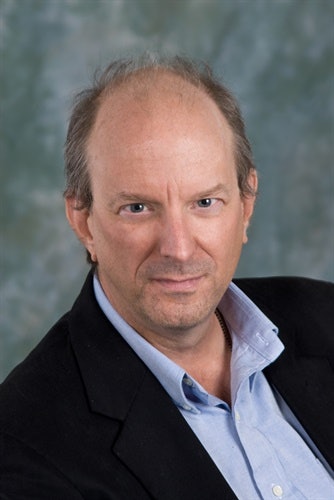
Freddie Gray was a convicted drug offender with a double-digit record of criminal charges and five still pending at the time of his death. On April 12, 2015, one of the officers tasked with cleaning up criminal activity in a Baltimore neighborhood at the request of States Attorney for Baltimore City Marilyn Mosby made eye contact with Gray and Gray ran. The officer pursued, believing Gray was holding drugs. The chase ended. No drugs were found on Gray's person, but he was arrested for carrying a knife the officer thought violated Maryland law.
After his arrest, Gray was placed in a Baltimore Police van. Upon arrival at the West District Police Station, he was found unconscious in the van. Gray died on April 19 of a spinal injury that occurred sometime during his ride to the station. And Baltimore exploded with rioting over what many in the public considered a clear-cut case of police brutality.
A mere 12 days after Gray's death, with the ashes of looted and burned stores from days of rioting still warm, States Attorney Mosby, just four months into her office, stood on the courthouse steps and announced her office was prosecuting six officers involved in the arrest and transport of Gray. The charges ranged from second-degree depraved heart murder to misconduct in office.
That Mosby charged the officers so quickly was seen by many as her attempt to throw a bone to the angry protesters and rioters and quiet the city. Police use-of-force experts, experienced legal professionals, and even some seasoned journalists questioned whether Mosby had really put in the time and effort necessary to see if there was a case to be made against the officers before charging them.
Now, a little more than a year later, it's clear that she didn't. Three of the six officers have been tried. And Mosby is losing…Big. Her record is two losses and one mistrial. By far the most critical of these setbacks for the States Attorney was the trial of Officer Caesar Goodson, which ended with an angry judge delivering a not guilty verdict.
Goodson was the driver of the prisoner transport van in which Gray was apparently mortally injured. The prosecution's theory of the case was that Goodson had taken Gray for a "rough ride," intentionally driving in such a manner as to slam Gray around the back of the transport van. They also claimed that Goodson had ignored Gray's pleas for help after subjecting him to the injuries of said rough ride, which is where that whole "depraved heart" thing comes from.
Unfortunately for Mosby and her team, you can't prove a criminal case with just theories and supposition; you have to have evidence. And to say that the prosecution's evidence is flimsy is to give it way too much merit. Goodson's defense team wisely chose a bench trial rather than a jury trial, believing the judge would rule by law not emotion, and their hunch paid off.
That same judge also tore into the prosecutors when he discovered their approach to evidence disclosure was either incompetent or calculated to enhance the strength of their arguments. Evidence that wasn't disclosed to the defense before the start of the Goodson trial included notes by investigators who interviewed the only other prisoner who was in the van with Gray and comments made by the medical examiner. The prisoner told an investigator and a Washington Post reporter he heard—but could not see because of a partition—Gray banging his head against the walls of the van. As for the medical examiner, a colleague testified she said she initially considered ruling Gray's death an accident.
This is not the first time in the trials of the officers charged in the Freddie Gray in-custody death that the prosecution performed some unusual legal maneuvers. In the trial of Officer Edward M. Nero, who was charged with second-degree assault, the prosecution argued that arresting Gray without probable cause was assault. The judge didn't buy that specious argument and Nero was acquitted.
States Attorney for Baltimore City Marilyn Mosby has much to answer for in the prosecutions of the officers involved in the Freddie Gray arrest and transport. The acquittal of Officer Goodson revealed she doesn't even have the evidence to prove a criminal offense was actually committed against Gray. Which means she has no cases against any of the officers. So I hope by the time you read this column she has accomplished two very important tasks for the people of Baltimore: dismissed all charges against the officers and resigned her office.

















